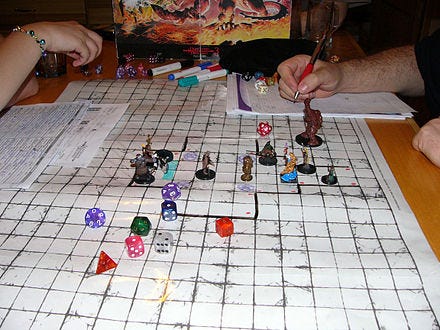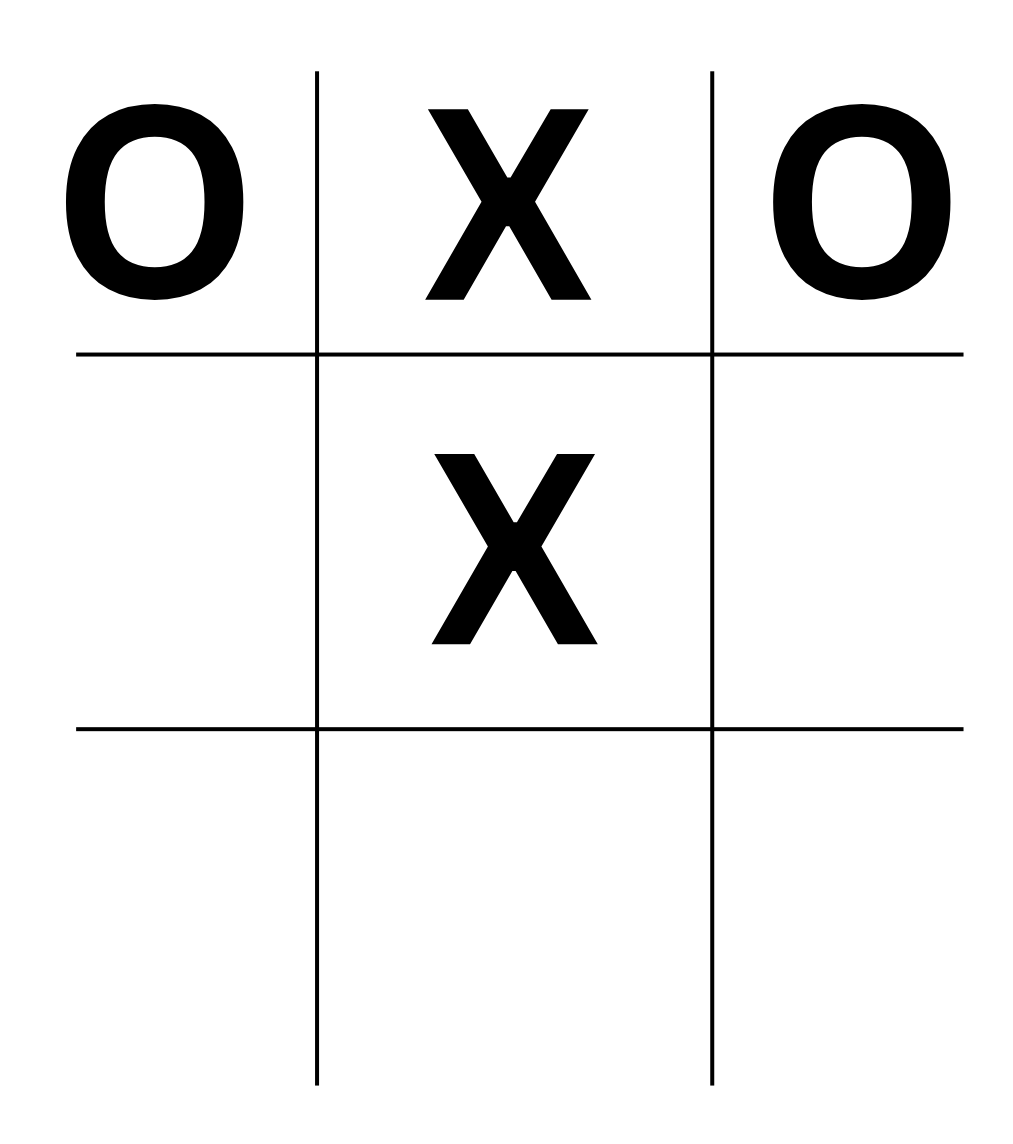The Nuisance of Endless Novelty
Do we even want the statement "no two games are alike" to be true?
“No two games are alike” is a common tagline for board games , especially on crowdfunding. I feel like I’ve seen it everywhere. And it got me thinking about that phrase.
I think it’s supposed to capture the idea that if you buy this game you can play it a bunch and still discover new things. But it implies something altogether different. It implies that two play experiences will be completely different. and that got me thinking about all of the different ways a game could be different, beyond just literally being a different game.
Here’s what I’ve come up with so far:
The sequence of moves
The options that players have to take
What happens as a result of those options
The narrative that gets told over the course of the game
A role I might play
The types of actions available to my opponent
How long the game takes
The components used in the game
The people I play with
The way the people I play with change the experience of playing the game
The decisions you make during the game
Two at One Extreme
Dungeons and Dragons is the obvious example of a game where no two experiences are alike. The narrative changes, the role you play can change, and the same for the other players. The players you play with can change over time (within a single campaign). Players aren’t constrained by the limits of rules for their move either. Only what their imaginations can come up with.
Magic: The Gathering (and other card games) that share historical roots with DnD also share the penchant for variability. You can come up with different decks to play that can do any of number of wild and crazy combos. There are different formats, play styles, and from game to game or turn to turn the plays that are available to you change endlessly.
And yet… both of these games often fall into predictable narrative flows. Magic players group decks into similar archetypes like tempo, aggro, control, and midrange. Even though the cards might change we see patterns come back up over and over again. Same thing with Dnd, I think: patterns emerge. None of this is a critique, mind you, but it does kind of show the limits of what “no two games are alike” actually means. We want games to have similarities with one another.
The Other End
But let’s imagine the other side of this. What about games that exhibit minimal variation? Tic Tac Toe and War come to mind.
War is interesting because the shape of the game will be different from game to game. There will be a dynamic tug of war that changes for the players over time. But there aren't any decisions to be made. Which seems important. Every "turn" you're flipping over cards as fast as possible, mostly to see what happens. It's kind of a random generator that turns into an experience. You don’t get to make decisions but you do get to see things happen!
Tic Tac Toe is the type of game that you would fairly obviously say "every game is pretty much alike" and you could probably extend such a comparison to something like Connect 4 as well. This reveals something kind of interesting because there are two components of "same-y-ness" that they have. Namely the action you choose to do on your turn is the same game over game. I think this is the crux of “different every time”. It seems like the heart is that every turn you can do something different than you did last game. What’s interesting about both Tic Tac Toe and Connect 4 is that they feel “solved” for most people. and by that I mean, there’s no variation in the outcome of any given move. So not only do you not have much difference game to game in what you do, you don’t have much change in what happens after, either.
Playing with Variation
Are there things we can take away from this?
Variability is a spectrum and what we’re actually interested, I think is what types of elements of the game change and how they change over time. One of the magic tricks (laudatory) that Roguelikes and Soulslikes play on players is that they ask players to do similar moves over and over again, but they change the shape just enough to make it feel novel and not repetitive.
Both Magic and DnD offer players changing ideas concepts on a cadence that allows for refreshes with consistency in between. Within a campaign of Dnd or a set rotation of Magic the play experience might be rather similar between sessions. But when new sets or campaigns come into play, it shakes things up and offers new opportunities for variation.
While we might move on from games once the variation becomes too predictable. For most adults Tic Tac Toe and War are “solved” and offer nothing exciting for us. But even simple games like Ticket to Ride that are mostly the same play to play can offer enough variability (in the way that train routes appear across the map) to keep players interested even if secretly not too much changes.
Humans Really Like Doing the Same thing Over and Over and Getting Different Results
To be a game is to play with variation (even to the point of pointing out you’re not playing with variation). What variation a game chooses to play with and how it chooses to play with that variation is what defines. So in one sense “no two games are alike” is a trite statement of obvious truth akin to “this is a game” and also something a blatant lie. Every game worth its salt
Part of the fun of games is actually that we get to do the same thing over and over again. Part of the fun of games like Black Jack is the thrill of choosing to “Hit” in a risky spot, or in throwing a card into the middle of the table in a trick taker. What’s unique is what happens after we take that action. The game state changes and it changes what the outcome is.
The hypocrisy is this idea that such variation matters for the most part. If you’re someone who doesn’t play a ton of board games you’re aiming for a classic that you can bring out again and again and if you’re buying games off crowdfunding it’s particularly unlikely that you will play it enough for a lack of variability to even be noticed. Instead it’s selling a world where you’ll play this game over and over again.
Appendix
If you’ve made it this far, I have a couple of groups of recommendations for you. Games at either end of the spectrum, generally,
Games with Lots of Variation
Eternal Decks






